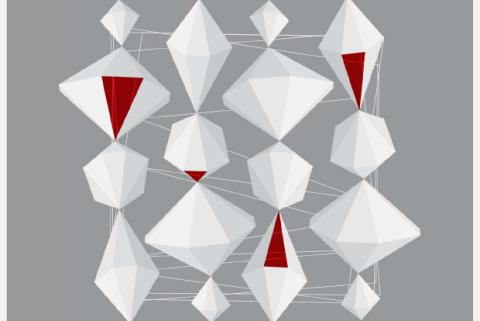
An interview with Francesco Bovoli, vice president of Program Management and Infrastructure at Workshare, a collaboration platform.
The Enterprisers Project (TEP): What value does your company draw from having a data science operation?
Bovoli: We have a framework for customers on a journey toward customer success, and we have analytics that tell us whether the customer is progressing on that journey. When customers aren't engaging with the product in the way we would have hoped, we try to reach out to them proactively and understand why they aren't using the product. We can have that data visible to everyone in our company on the same day it's gathered.
TEP: What were some of the challenges in putting together this system?
Bovoli: We had to change several things. Workshare had several products and too much data but on fragmented systems. Our number one problem was staffing. Our number two problem was to collate the data and draw analogies from it. We dedicated a few months of our operations to that until we were able to provide all the different stakeholders in the business with the data they needed.
TEP: Let's go back to problem number one. Hiring data scientists is difficult these days. What was your approach?
Bovoli: We understood what sort of people we wanted and rather than go for people who had done this before, we went for fresh graduates essentially very bright people who had done a lot of math and were looking for opportunities to apply that math. We created a test and presented them with a version of our data cleansed of personal information. We put some traps in our test, and the ones who had a successful test we called in for a verbal cultural affinity test.
We kept applying that test and it worked very well for us. It brought us quite a few people who wanted to use the math they'd learned solving business problems.
TEP: Were you able to make improvements to Workshare itself based on data analysis?
Bovoli: One example is that we created a model for looking at how users arrive at our site from search engines, create accounts, and then become engaged. We realized there was an excessive loss of customers at the website. It was a strong informational website and there was a signup, but we realized from benchmarking with other websites that it needed a big fat signup button at the center of the screen. Once we made that change, signups multiplied by five times.
TEP: Any advice you'd pass along to CIOs about using data science?
Bovoli: Gathering relevant information is number one. Number two is the analysis, and drawing actual insights that you can use. When you're running a product company, there are too many things to do at one time. Data can help you focus on the things that can really make a difference.
For more information about data, download "10 Kinds of stories to tell with data."
Francesco Bovoli is the Vice President of Program Management and Infrastructure at Workshare.




